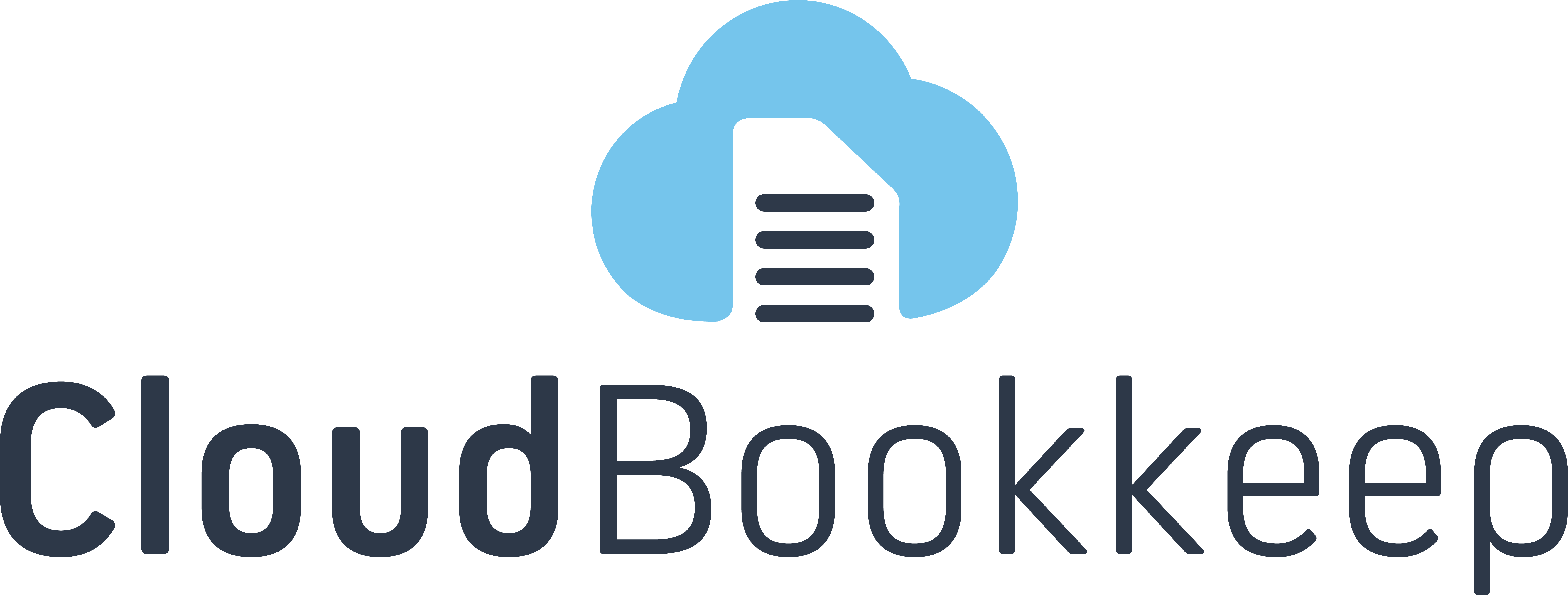The Cloud Bookkeep Blog

E-Commerce Income Taxes: Strategies to Avoid Tax Penalties and Minimize Income Taxes
Many of you have filed your tax returns and can now take a breather from those worries. It’s important, however, to include tax planning throughout the year to avoid a surprise tax bill and/or penalties when you file your annual tax return.
AVOID TAX PENALTIES WITH ESTIMATED QUARTERLY TAXES
Taxes are “pay as you go” and therefore are supposed to be withheld regularly. For employees, their income taxes are typically withheld through their payroll process. If you are self-employed, you most likely need to file quarterly estimated taxes with the IRS to avoid penalties. As a general guideline, if you pay 90% of your income tax during the year, then you may be able to avoid penalties. Keeping up with tax payments each quarter can keep you in line with the 90%. Did you know? According to the IRS, the number of people who paid estimated tax penalties increased by nearly 40% in 5 years. You can use the worksheet from the IRS to help calculate how much to pay each quarter. Often, prior year financials are used to help with the calculation. https://www.irs.gov/pub/irs-pdf/f1040es.pdf
It's important to file by the deadline. Here are the Quarterly Estimated Tax Payments Deadlines:
April 15 (For the period January 1 to March 31)
June 15 (For the period April 1 to May 31)
September 15 (For the period June 1 to August 31)
January 15 of the following year (For the period September 1 to December 31)
Note: If these due dates fall on a Saturday, Sunday or legal holiday, the payments are due the next business day.
OPTIMIZING TAX DEDUCTIONS
Knowing the available tax deductions for self-employment and making sure they are recorded is critical to minimizing your taxes. Tax deductions are generally subtracted from your income and reduce the amount of taxes you owe. If these are higher than the standard deduction (For 2023 - $13,850 for Single or Married Filing Separately, $27,700 for Married Filing Jointly and $20,800 for Head of Household), then you will be able to itemize and receive a higher deduction on your taxes.
Examples of self-employed business expenses that may reduce taxes due include:
Home office deductions
Marketing and advertising expenses
Utility expenses
Mileage for business
Business travel expenses
Professional development expenses
Software expenses
Website expenses
Legal and professional services
Rent or lease expenses
You will find the list of deductions available on the tax form Schedule C (and some that are considered “above-the-line” business deductions on the tax form Schedule A).
Having a professional bookkeeper can ensure that all your business deductions are recorded, and your books are up-to-date and accurate to assess estimated quarterly taxes due. We also recommend that you work with a tax professional (we are happy to provide referrals familiar with the eCommerce industry). With tax laws changing regularly, outsourcing this work might be one of the best decisions you’ll make for your business!
Are you ready to stay on top of your finances and be worry-free at tax time? Schedule a call with Cloud Bookkeep and we’ll be happy to help you achieve these business goals.
© 2023 Visionary Bookkeeping, LLC
Contact
282 Katonah Ave #1055, Katonah, NY 10536
sarah@cloudbookkeep.com
845-202-9153


